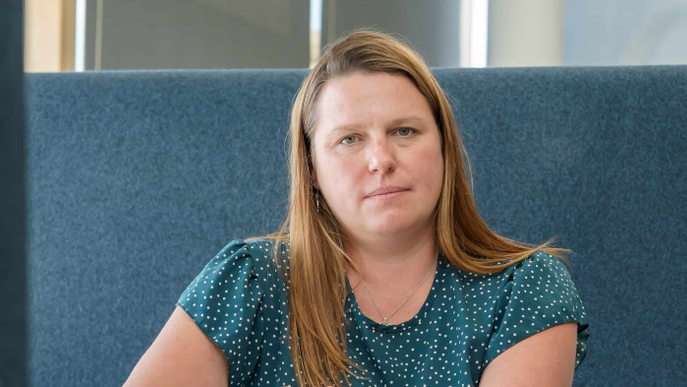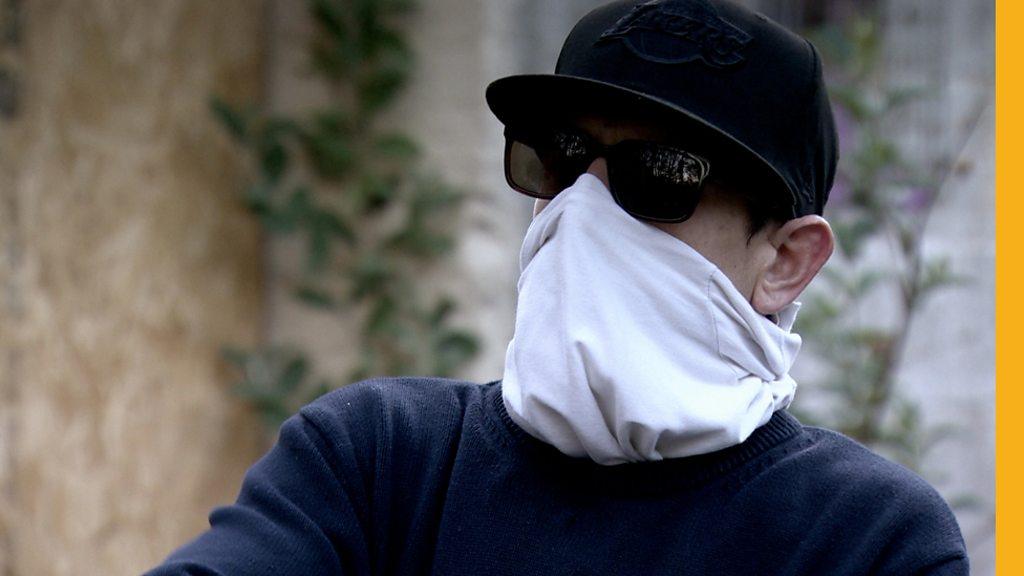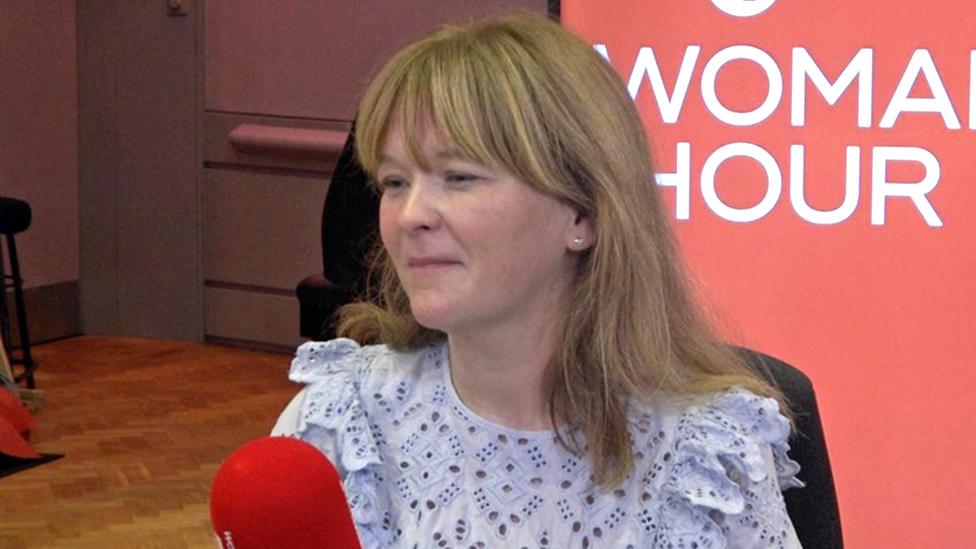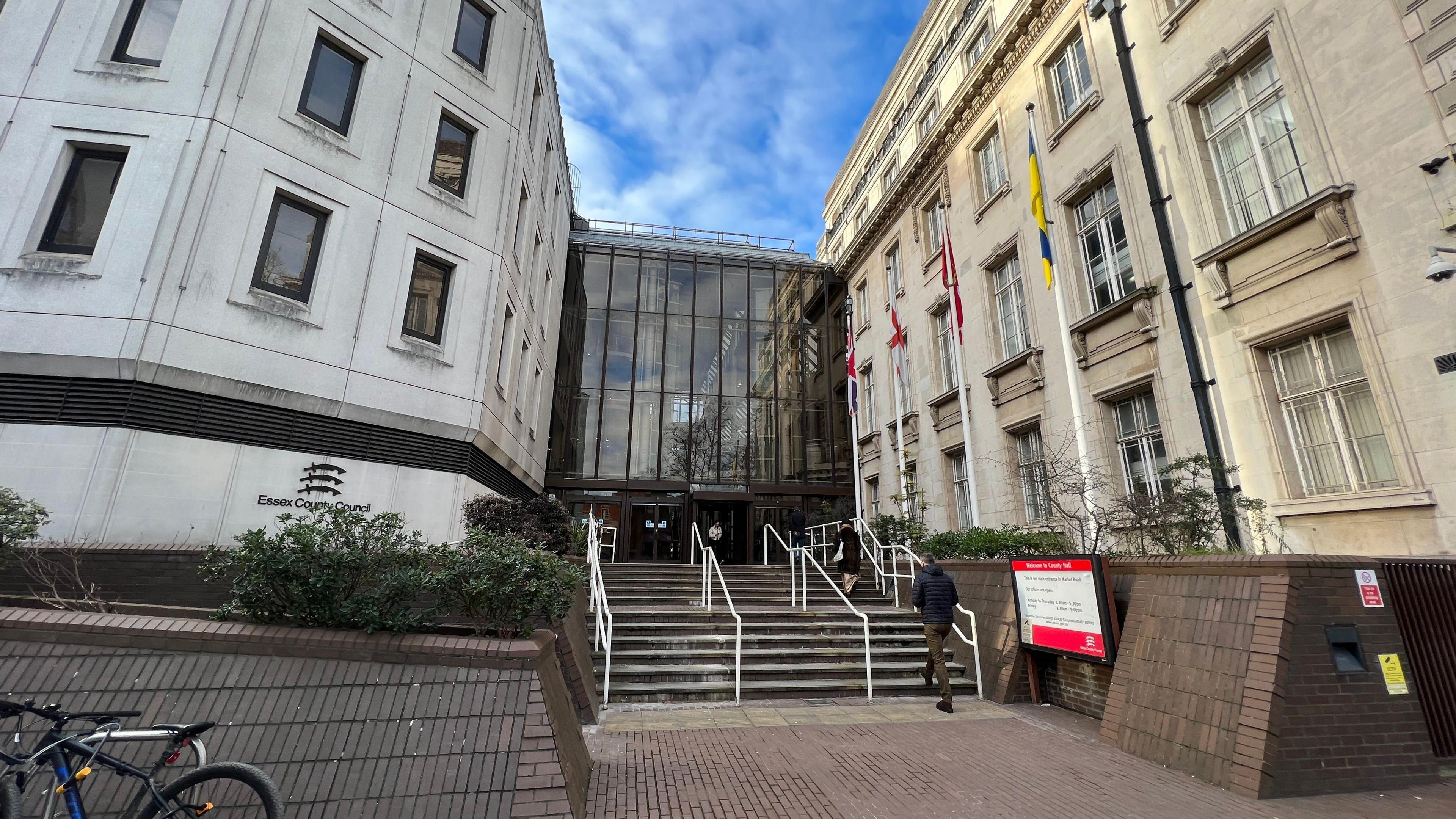Eastern European women face 'shocking' hate crimes

The team at the University of Sunderland want the research to be used to show service providers the barriers faced by Eastern European women
- Published
Eastern European women have shared how they are regularly made the target of discrimination and hate crimes in a new research paper.
The report, published by the University of Sunderland, found women living in north-east England faced discrimination in all aspects of their lives, including when accessing support and housing.
The women surveyed said they were subjected to verbal and physical abuse, and said the number of hate crimes against them had increased since Brexit.
One woman, who is not being named, told academics a group of men once threw a bottle at her while she was walking home.
"It was a bottle of water, but I thought it was something else, like bodily fluid," she said.
"That shook me because they were all men, and about six of them."
She added the group began their assault by shouting: "Brexit, get out of here."

Dr Harvey-Golding said Eastern European women faced discrimination when accessing services such as training at work and housing
Louise Harvey-Golding, from the university's public health department, is one of the authors of the paper titled: "They see us as an easy target": discrimination and hate crime against Eastern European women living in the UK.
"What we heard was shocking but after we did the research we found it was the tip of the iceberg," Dr Harvey-Golding said.
"We found they were experiencing hate crime and discrimination on a regular basis."
As part of the research, 127 women originally from Eastern Europe and now living in the North East were asked to complete an online survey. Interviews with several of the women were then conducted to find out more about particular incidents.
Of those surveyed, 36% reported discrimination from their employer, 25% from businesses or service providers, 19% from a housing providers, estate agents or landlords, 14% from health care providers, and 10% from education providers.
Sexual harassment
Dr Harvey-Golding said the research found many Eastern European women also suffered from sexual discrimination.
"Women started saying there was a sexual harassment element," she said.
"A lot of it with racist undertones."
Some of the women reported that sexual harassment in the workplace was not taken seriously by their employers, with one woman describing an occasion where a male colleague kept talking about his genitals.
"He started the conversation always when nobody was in the room," she said.
"I said to him, 'I don't want to hear it', and he was continuing that conversation. It's happened a few times. I complained, they said he was joking."
A number of women also referenced times men had suggested they were prostitutes.
'Voice to be heard'
Dr Harvey-Golding hopes the research can be used by the International Community Organisation of Sunderland (ICOS) to raise more awareness about the discrimination facing these women.
The charity works to improve the quality of life of black and minority ethnic people living in the North East.
Julia Wysocka, ICOS community development officer, said the charity knew Eastern European women faced barriers when accessing services but other organisations often did not understand the situation.
"We were often also challenged when raising these issues with public services and told there was no evidence to substantiate what we and our clients have been experiencing," she said.
"We wanted to give these women a voice to share their experiences directly and for this voice to be heard."
Northumbria Police said it took all reports of hate crimes and sexual harassment seriously.
"As ever, we would always encourage anyone who has experienced this type of behaviour and abuse to come forward and speak to police," a spokesperson said.
"There is support available for you, and we will do everything we can to bring offenders to justice."
Follow BBC North East on X, external, Facebook, external, Nextdoor and Instagram, external. Send your story ideas to northeastandcumbria@bbc.co.uk.
Related topics
- Published12 October 2017

- Published31 October 2022

- Attribution
- Published19 June 2024

- Published21 August 2024
